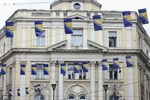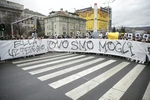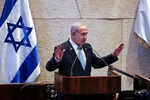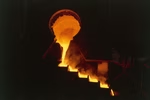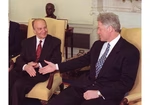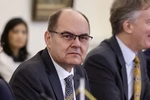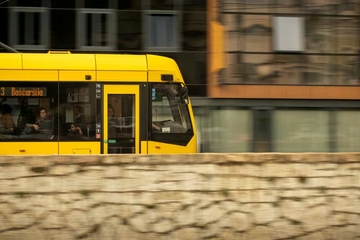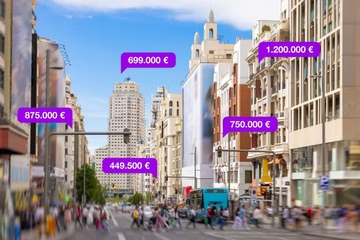Izetbegovic: Bosnia finally kicked off its EU integration
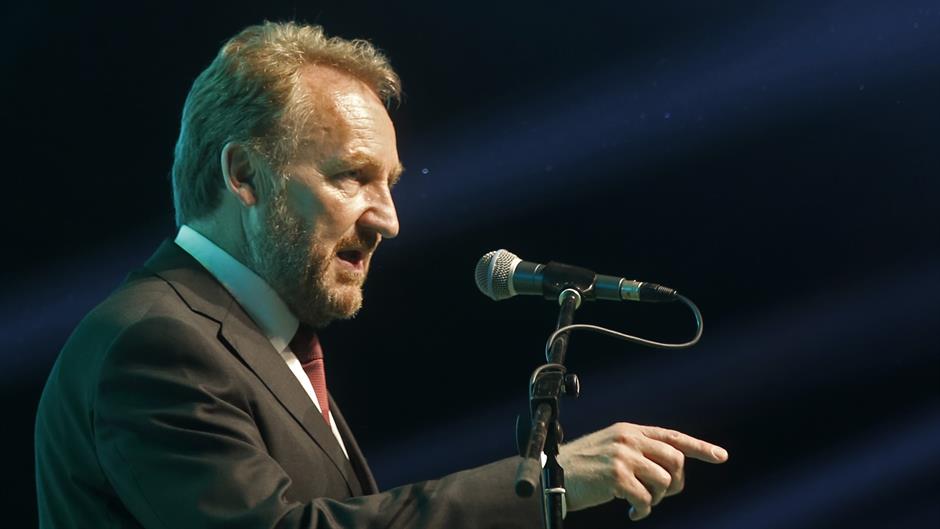
After a long period of stagnation and blockades, Bosnia managed to start its EU integration process in the past four years, said Bosnia’s outgoing Presidency Chairman Bakir Izetbegovic, speaking at the ‘European Union - Western Balkans: How to build a joint future’ high-level conference in Brussels.
Oglas
Participating in the panel titled ‘Improvement of socioeconomic development through regional connection and digital economy,’ the tripartite Presidency Chairman said that the Reform Agenda initiated a wide range of socioeconomic reforms in the country, which resulted in the adoption of new entity labour laws and measures to stabilise budget spending and fiscal stability.
Bosnian Presidency consists of three members, each coming from one of the constituent peoples in the county – Bosniaks, Serbs and Croats. The Bosniak and Croat members are elected in the Federation of Bosnia and Herzegovina, a semi-autonomous entity shared by Bosniaks and Croats, while the Serb member is elected in the Republika Srpska, also a semi-autonomous entity but dominated by Serbs.
In his address at the panel, Izetbegovic who is the Bosniak Presidency member also spoke of the significance of regional cooperation and the unhindered flow of goods, services and capital.
Oglas
The panel focused on the improvement of the socioeconomic sector by discussing the improvement of economic growth and opening of new jobs, especially for youth.
Panel participants discussed the linking of the Western Balkans with the EU through improved transport connections, energy security, digital economy and business climate.
The conference organisers were the European People’s Party (EPP) MEPs. The conference was opened by the Head of the parliamentary group in the Parliament Manfred Weber and the closing adders was held by Head of the EPP Joseph Daul who met with Izetbegovic during his stay in Brussels.
The EPP is a conservative and Christian democratic European political party. A transnational organisation, it is composed of other political parties, not individuals. Founded by primarily Christian democratic parties in 1976, it has since broadened its membership to include liberal-conservative parties and parties with other centre-right political perspectives.
Kakvo je tvoje mišljenje o ovome?
Učestvuj u diskusiji ili pročitaj komentare
Oglas
Kakvo je tvoje mišljenje o ovome?
Učestvuj u diskusiji ili pročitaj komentare
Oglas





 Srbija
Srbija
 Hrvatska
Hrvatska
 Slovenija
Slovenija











